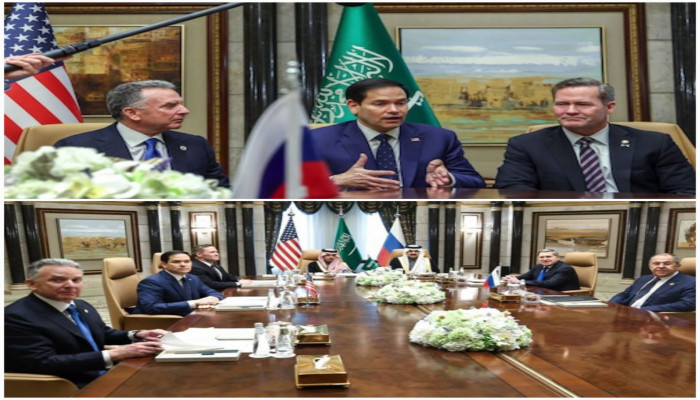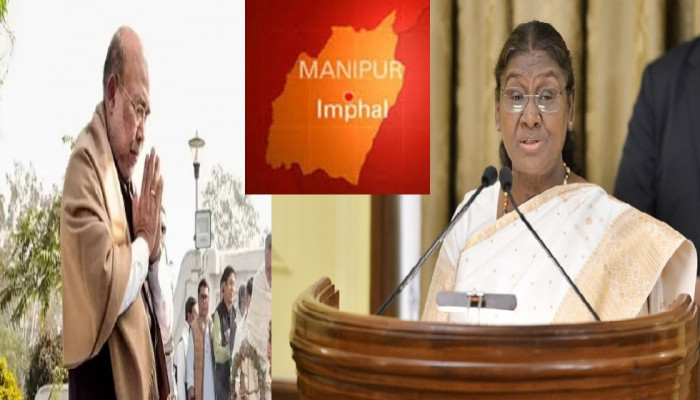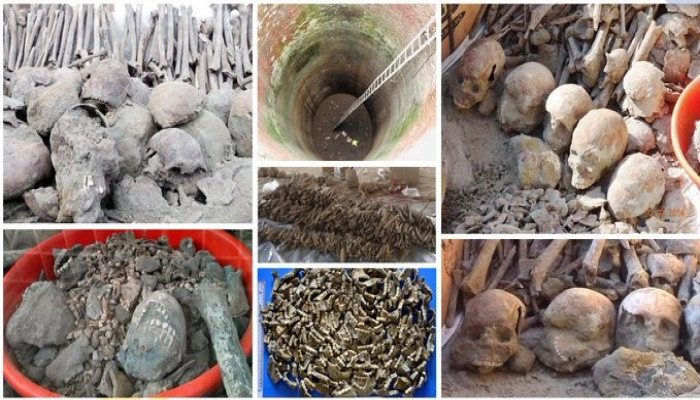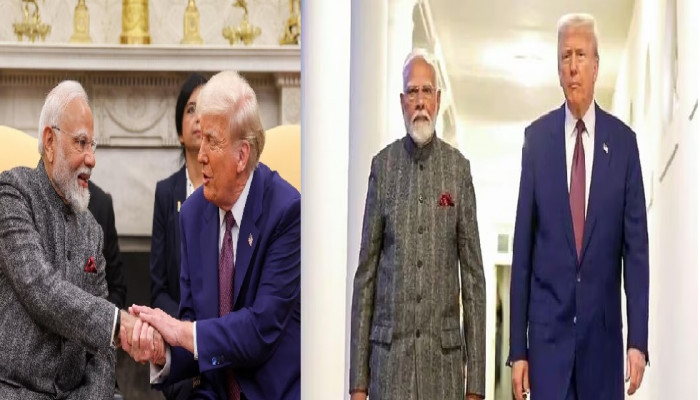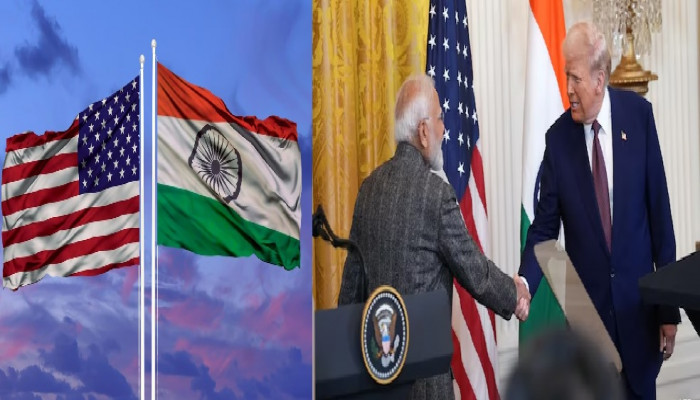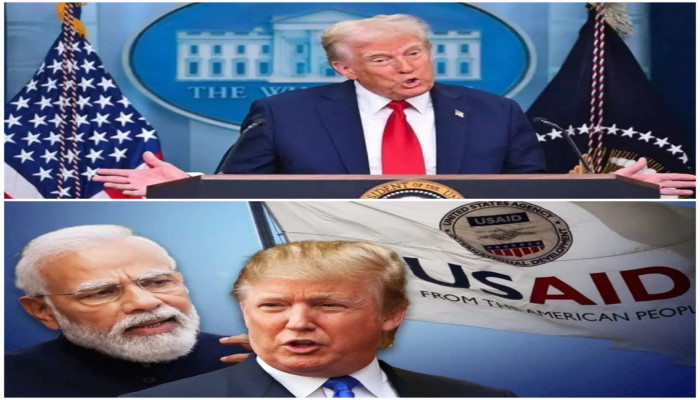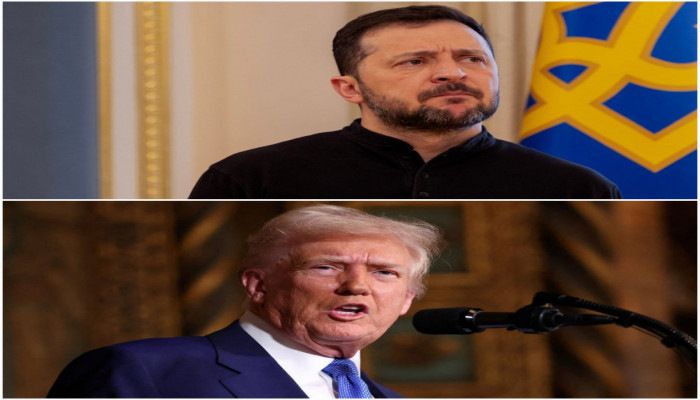- Feb 19, 2025
- Myind Staff
Featured Articles
A Deep Dive into US-Russia Diplomatic Talks: What’s Next
Senior US and Russian officials held their most in-depth high-level talks since Moscow's invasion of Ukraine nearly three years ago. They met for almost four hours on Tuesday in Saudi Arabia as President Donald Trump pushed forward his goal of ending the conflict in Ukraine and improving relations with Moscow. US Secretary of State Marco Rubio and Russian Foreign Minister Sergey Lavrov, who led their respective delegations, described the discussions as a positive first step. Both sides agreed to form teams to set up teams for restore staffing at the US and Russian embassies in Moscow and Washington, which had been severely reduced due to a series of diplomatic expulsions. This effort aims to use diplomatic channels to support peace talks in Ukraine and explore opportunities for reviving economic and global cooperation. However, this renewed engagement could come at a cost to the US-Europe alliance, potentially weakening Washington's position with Ukraine and other nations relying on US leadership within NATO and beyond for security. During former President Joe Biden’s regime, the US and Europe prioritised isolating Russia and upholding the post-World War II international order. A key achievement for both countries in this new phase of diplomacy was an agreement to reverse the years-long decline in relations, which reached a post-Cold War low after Russian President Vladimir Putin ordered troops into Ukraine in February 2022. The meeting took place just a week after Trump spoke with Putin over the phone and marked the first meaningful in-person discussion between the countries' top diplomats since former Secretary of State Antony Blinken met Lavrov in Geneva in January 2022 in a failed attempt to prevent the Ukraine conflict. After Tuesday's talks, Lavrov stated that both sides had agreed to expedite the appointment of new ambassadors. He added that senior diplomats from both countries would soon meet to discuss details regarding "lifting artificial barriers to the work of the US and Russian embassies and other missions." The downsizing of US and Russian embassy personnel began after Russia's 2014 annexation of Crimea, which was widely condemned as illegal. The US ordered several Russian offices to shut down during the Obama administration. Tensions escalated further after the 2018 poisoning of an exiled Russian spy and his daughter in the UK, leading to mass diplomatic expulsions and the closure of multiple consulates in both countries and across Europe. When asked by AP whether the US now considered these matters resolved, Rubio did not give a direct answer but stated that achieving a Ukraine peace agreement would be impossible without diplomatic engagement. "I'm not going to negotiate or talk through every element of the disruptions that exist or have existed in our diplomatic relations, on the mechanics of it," he stated. Both sides agreed to establish high-level working groups to discuss a negotiated resolution. Regarding potential concessions, Trump’s national security advisor, Mike Waltz, who took part in the talks, stated that matters related to territory and security guarantees would be discussed. Rubio noted that a high-level team, including experts familiar with technical details, will start discussions with the Russian side on "parameters of what an end to this conflict would look like." Regarding the crucial issue of a possible peacekeeping mission to oversee a potential ceasefire in Ukraine, Russia's top diplomat stated that Moscow would not accept troops from NATO countries. He reiterated Russia’s stance that Ukraine’s efforts to join the Western military alliance pose a significant security threat. Ukraine and European nations were not part of Tuesday's talks in Riyadh, but U.S. officials emphasised that there is no intention to exclude them if peace negotiations progress. As per Rubio, "Obviously, there's going to be engagement and consultation with Ukraine, with our partners in Europe and others. But ultimately, the Russian side will be indispensable to this effort." Waltz acquiesced, "If you're going to bring both sides together, you have to talk to both sides... " He mentioned that Trump spoke with Ukrainian President Volodymyr Zelenskyy right after his conversation with Putin last week and that US Vice President JD Vance and Rubio met with Zelenskyy in Germany. To avoid any connection between his visit and Tuesday’s US-Russia talks, Zelenskyy postponed his planned trip to Saudi Arabia on Wednesday. Nigel Gould-Davies, a senior fellow for Eurasia and Russia at the International Institute for Strategic Studies in London and a former British ambassador to Belarus, commented, "This whole negotiation from the start seems very tilted in Russia's favour. And it's even a question whether it should be termed a negotiation or, in some sense, a series of American capitulations." Right after the talks, Rubio briefed the foreign ministers of France, Germany, Italy and the UK, along with the EU’s high representative for foreign affairs. When asked if the US might lift sanctions imposed on Moscow during the Biden presidency, Rubio emphasised that "to bring an end to any conflict, there has to be concessions made by all sides" and that "we're not going to predetermine what those are." Kirill Dmitriev, head of the Russian Direct Investment Fund and a member of the Russian delegation in Riyadh, told reporters that Russia and the US should work together on joint energy ventures.- Feb 18, 2025
- Ankita Dutta



